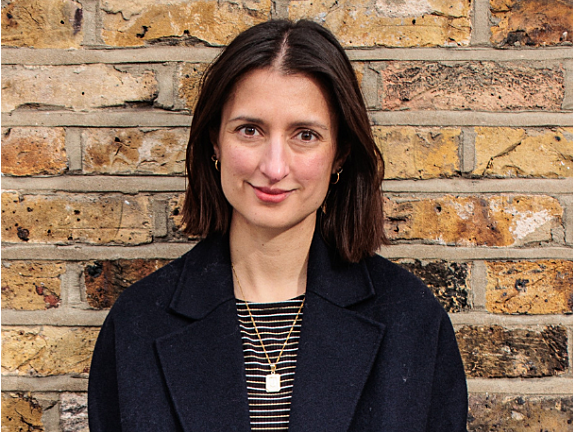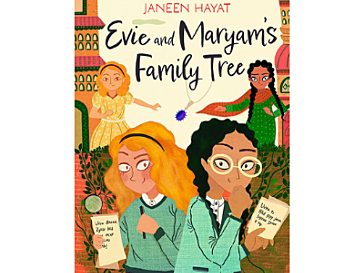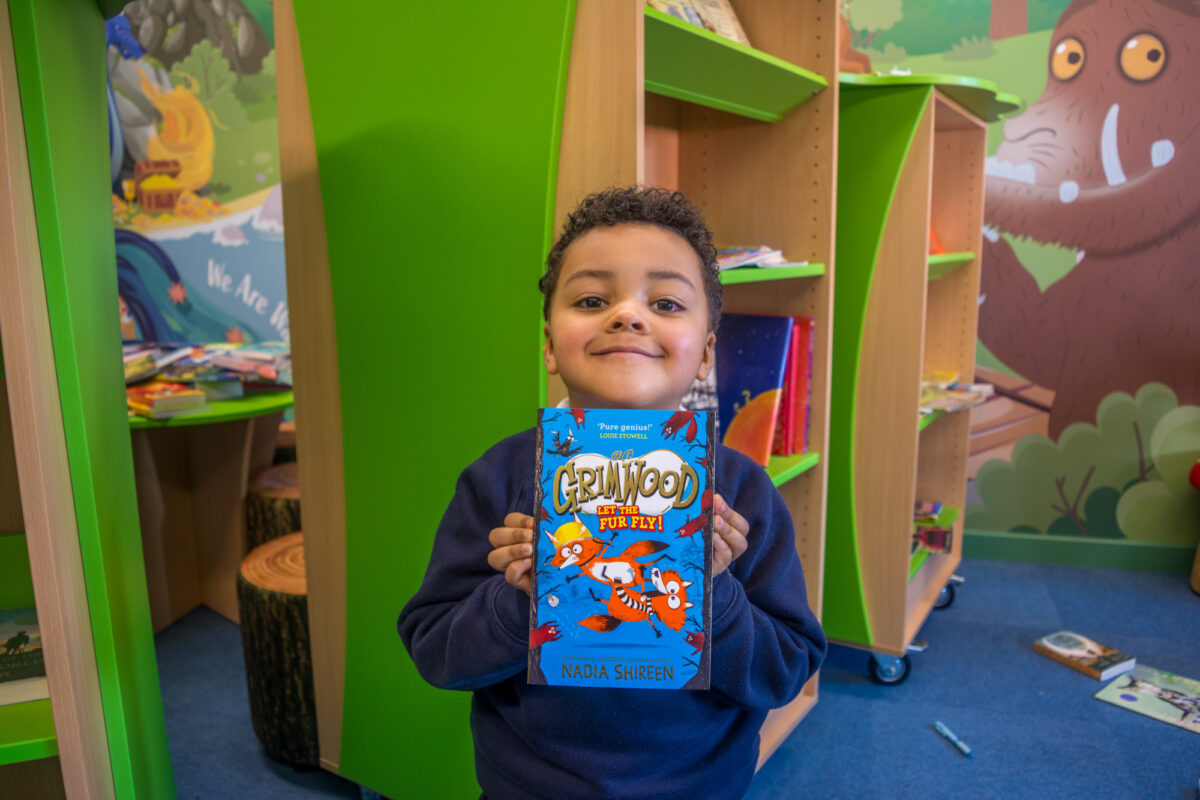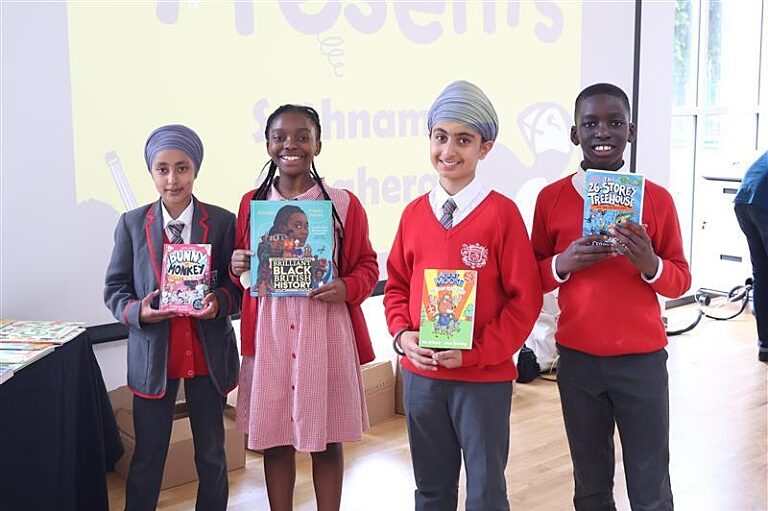Why representation in children’s books matters more than ever
Representation in children’s literature is not just about visibility, it’s about belonging. Every child deserves to see themselves reflected in the stories they read and to recognise their families, cultures and identities within the pages of a book.
There are signs of progress. The Centre for Literacy in Primary Education’s (CLPE) Reflecting Realities study found that in 2024, 24% of UK children’s books featured racially minoritised characters, with main characters from these backgrounds at their highest level since the study began in 2018. Yet representation remains uneven – picture books saw a decline, and many stories still don’t fully reflect children’s diverse lived experiences.
In this insightful guest blog, children’s author Janeen Hayat – who is half Pakistani and half white American – shares why reading and books are so important for helping children understand and value different ethnicities and cultures.
She reflects on growing up with few stories that mirrored her own identity, and how that absence shaped her as both a reader and a writer.
Today, she writes to change that – ensuring the next generation of children can see themselves fully and proudly in the pages they turn.

The decline of reading for pleasure
You’ve probably heard that reading for pleasure is on the decline: just 1 in 3 children aged 8 – 18 say they enjoy reading in their free time. Compare that to the proportion of teens who visit YouTube or TikTok on a daily basis (71% and 58%, respectively), and it’s clear that reading has some work to do to win young people back.
Why does it matter? Why not accept that the world is changing and young people’s preferences will change with it?
Children who read regularly have higher average reading scores, and the gap is growing between children from disadvantaged backgrounds and others.
But there’s also something less tangible and arguably more important – reading helps us understand other people. A good book puts you in someone else’s perspective. It shows you the challenges that character faces and their feelings as they navigate the world. It helps us face our own problems, but also understand the problems other people might face.
The power of seeing yourself in a story
Reading’s magic lies in its depth – in getting to know a character well, and sticking with them as they fall out with their best friend, or battle a dragon.
For fiction to work its magic, the reader needs to relate to the protagonist. Social media does this well: it knows I’m a mixed-race, middle-aged mother of three living in London, and it shows me similar people in the hope that I find their humour funny or problems relatable. I often do.
What it doesn’t do is show me someone’s private struggles, or help me understand people different from me. Books can do this, but they need to offer something for all of the different audiences of children who might be readers.
To be clear, this doesn’t mean ticking the box by making some of the characters black or brown. We need more books that reflect what real children experience – families who don’t have enough money, parents who work irregular hours, or extended family members who help parent.
We need to see different types of neighbourhoods, all over the country. And yes – we need characters from all kinds of racial, ethnic and religious backgrounds.
Growing up without representation
I am half-Pakistani, half-white-American, and when I was growing up, there were no characters who looked like me or had a life like mine. That’s not because my life was extraordinary: my dad worked in a fast-food restaurant and our house was small but fine.
I still related to so many characters in so many fantastic books, but I also came away feeling I wasn’t normal. A normal family would have a tree house and send their children away to summer camp. A normal family would be one culture or another, not a hodgepodge.
Don’t get me wrong – I loved imagining living in the kind of leafy New England suburb where children ran over to each other’s houses. Books gave me access to worlds I wanted to be a part of. But I also needed to know that there were lots of ways to be normal.

Writing diverse stories
When I wrote Evie and Maryam’s Family Tree, I conjured up the ways I felt strange at school – I found it hard to describe ‘where I was from’, I didn’t have as much money as other people, and I was a nerd to boot. I hope that it will make someone else feel more normal when they read it.
Children’s literature is so much more varied than it was when I was young. However, the truth is that the characters in children’s books still aren’t racially representative of society as a whole, and there’s not even data on class, geography, or the range of other factors that make books representative of children’s real lives.
For books to build empathy and understanding in the next generation – which are needed more than ever in a polarised and rapidly changing world – we need to help children find stories as diverse as children themselves.
We’d like to thank Janeen Hayat for sharing this powerful and deeply personal guest blog. Her reflections on representation and the importance of diverse stories in children’s literature are both timely and inspiring.
At Bookmark, we believe every child deserves to see themselves, and others, reflected in the books they read. Through our programmes, we provide high-quality, diverse books to schools, aiming to give every child the chance to discover stories that speak to them, broaden their horizons and inspire a lifelong love of reading.

Find out more about our programmes
We partner with schools to develop a whole-school reading culture and provide one-to-one reading support.




